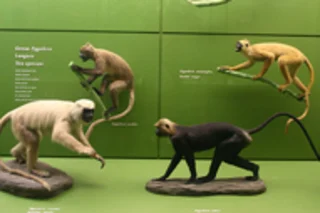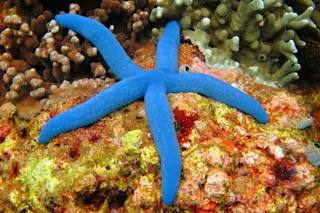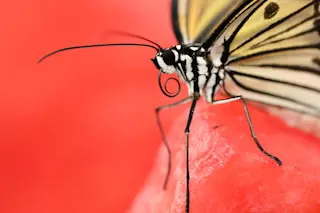In the heat and humidity of the tropics you might expect that mammals take it slow and easy--but on the genetic level, they're accelerating past their mammalian relations that live in more temperate zones. A new study has discovered that tropical mammals are accumulating mutations more quickly and are therefore evolving faster, in a finding that could help account for the phenomenal biodiversity of the rainforests. But the study's unexpected results have posed a puzzle for biologists.
"[It's] an empirical pattern that is begging for an explanation" [The Scientist]
, says evolutionary ecologist James Brown, who was not involved in the current study. Previous research had shown that plants and marine microorganisms evolve more quickly in the tropical zone near the equator, but scientists believed that pattern would hold true only for cold-blooded creatures, whose body temperatures and metabolisms are determined by the temperature of the surrounding environment.
Scientists believe ...














